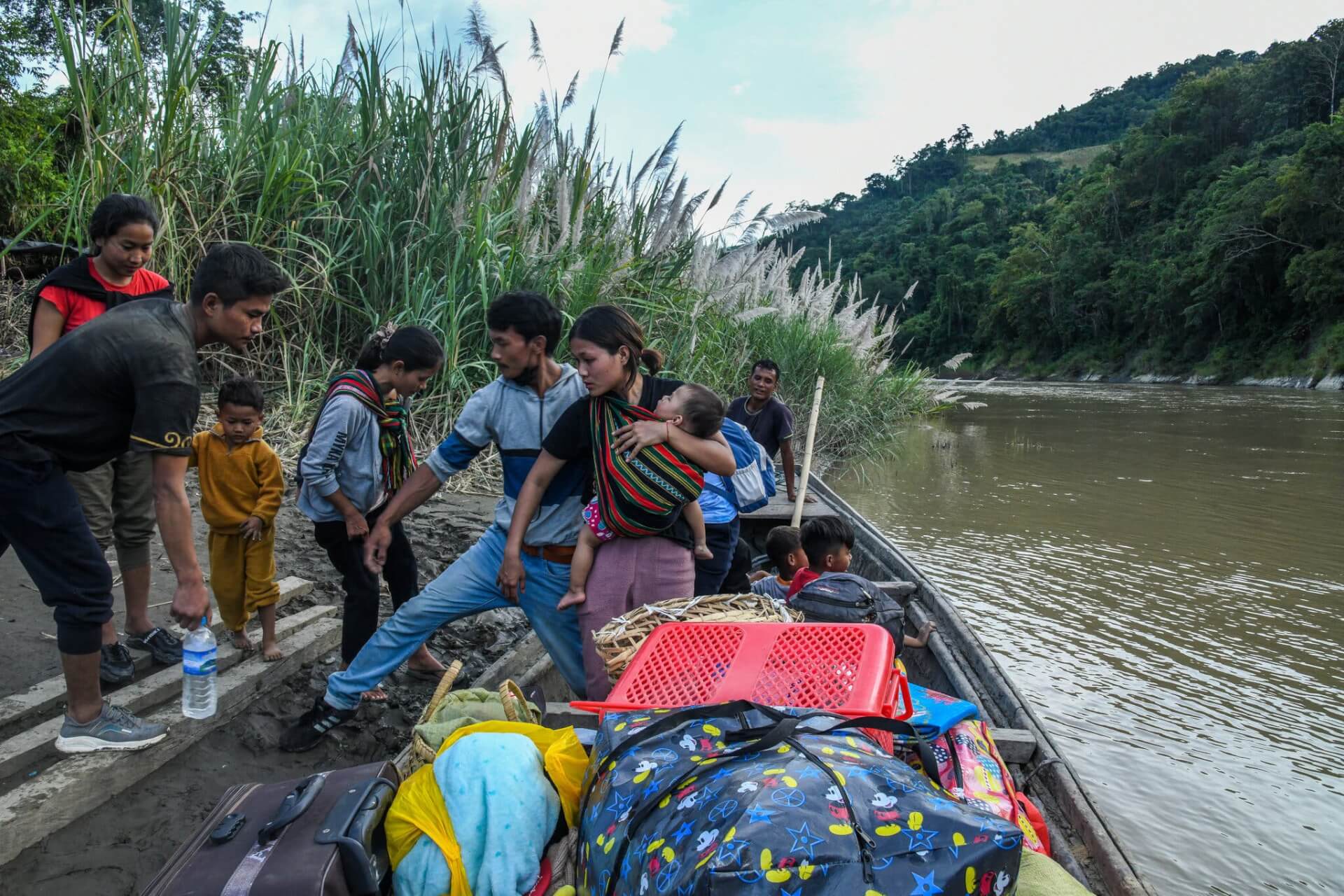Thousands of farmers and families from Myanmar are fleeing to India as the military junta continues to target resistance along the country’s border. According to the United Nations (UN), nearly 15,000 Myanmar residents have fled for India over the past eight months since the army seized control back in February.
“The brutality in which entire villages are attacked indiscriminately has created a horrific situation in which people are absolutely desperate...And things are getting worse,” said the UN special rapporteur on human rights in Myanmar Tom Andrews.
Known locally as the Tatmadaw, the military is has been targeting areas that are known to be home to thousands of armed civilians who call themselves the People’s Defence Force. Soldiers have attacked residential neighbourhoods with rocket launchers and arson, cut off internet access, restricted food supplies, and shot at fleeing civilians.
In the northwestern Chin State, which borders the Indian state of Mizoram, an entire town with a population of roughly 12,000 has nearly emptied out in the past month. People’s desperation to escape has been heightened by the large buildup of troops in recent weeks, which potentially hints at a wider military crackdown.
It is believed that the Tatmadaw has targeted the Chin State specifically because it is home to the Chin National Front (CNF), the country’s first ethnic armed group to openly support the National Unity Government (NUG), Myanmar’s shadow government made up of the country’s ousted elected leaders. The CNF has also been training thousands of anti-coup protesters who have been encouraged by the NUG to take up arms against the military.
As a result, innocent civilians have been caught in the crossfire.
“I love Myanmar, but I will return only if there is peace...It’s better to suffer here than to live in fear in my own country.” Ral That Chung, who walked for eight days with ten members of his family to reach India, told The New York Times (NYT).
Although several Mizoram locals are also ethnic Chin and have close ties to the Chin people in Myanmar, their woes have been heightened by a recent COVID outbreak that Mizoram officials have blamed on refugees.
A district official in Mizoram told the NYT anonymously that locals have been unofficially providing aid to the refugees fleeing Myanmar even though the Indian government’s policy is to keep the borders closed to them. “If the locals did not provide assistance, the refugees would die,” the official said.
Phil Robertson, the deputy director of Human Rights Watch’s Asia division, has warned that the refugee crisis will exacerbate over time as “resources will become increasingly scarce, and there may be pressure to send them back.”

